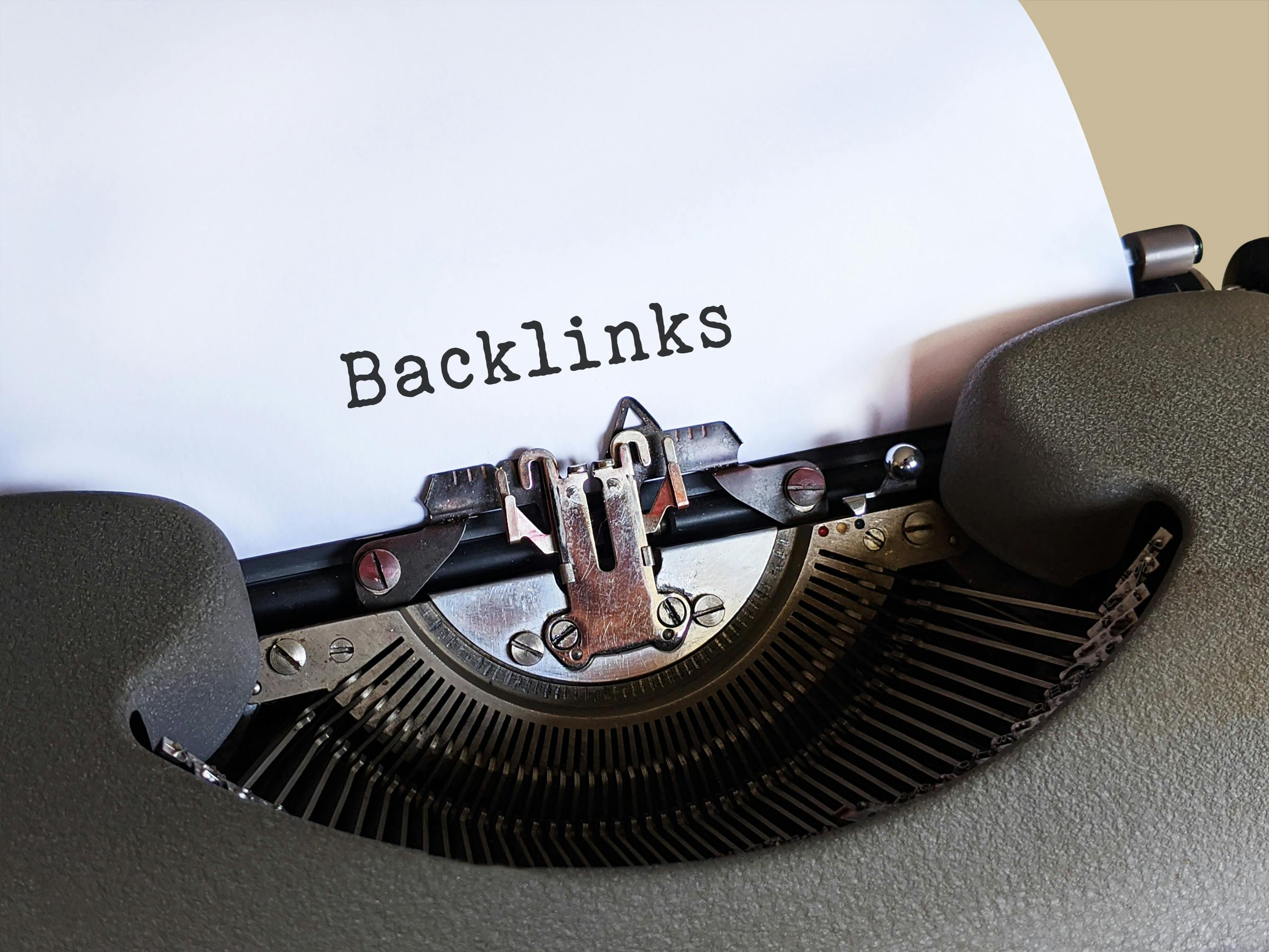 The process of gaining contextual backlinks for your website can be an effective way to increase the rankings of your website and traffic. But before you begin there are a few things you need to be aware of.
The process of gaining contextual backlinks for your website can be an effective way to increase the rankings of your website and traffic. But before you begin there are a few things you need to be aware of.
The process of finding contextual links requires effort and time. However, it’s worth it in the long run. It has significant benefits such as better keyword rankings and higher referrer traffic.
Are Contextual Links Beneficial?
It is important to get relevant backlinks as part of search engine optimization (SEO). They help improve your site’s position in Google’s SERPs as well growing organic traffic.
Guest blogging is the best way to get relevant links. But, you must be sure that the website where you’re guest posting is pertinent to your company and the industry in which you operate.
It is also possible to build contextual backlinks by creating reciprocal link-building campaigns. They can be accomplished via email or through social media.
It is important to identify websites with a strong authority domain as well as a relevant user base. These websites are more likely to link back to you , and to mention your company’s name in their posts.
Google utilizes contextual backlinks to determine your rank. Google uses these backlinks to improve its understanding of your website. They analyze the contents and the context of all the websites linking to you.
What are context-related links?
Contextual linking is a backlink type that can help your site get higher rankings in search engines. Because they are more relevant than traditional hyperlinks and are therefore more valuable, they’re worth it.
Google believes that contextual linking can be an affirmation that your website’s work merits higher ranking. They provide credibility for both the website and the source that they are linking to.
Natural contextual links are best and should be sourced from quality websites. They should be placed in content that makes sense and relevant to your industry or niche and your the business.
A great way to increase the amount of traffic that your site receives and improve search engine ranking is to create more contextual links. It’s also a great way to establish your reputation as an expert in your field.
Web 2.0 Contextual Links
Web 2.0 contextual links are those that are embedded in the text of a piece of content. These kinds of backlinks are useful because they permit search engines to discern the context of the content and rank it accordingly.
While they can be an effective way to construct high-quality links, they should be done correctly. You should not use these strategies too frequently. They could result in you being the victim of black hat SEO methods that can result in serious damage to your SEO efforts.
This is why it’s important to establish high-quality hyperlinks – not only one or two links from web 2.0 platforms. Google won’t penalize your site if these links are created using white hat techniques.
How to get Contextual Links
The most valuable types of links that search engines can use are contextual links. They are offered by trusted sources that are relevant to the content to the content to.
You need to develop connections with domains that have high authority for the purpose of obtaining contextual hyperlinks. This can be done by guest posting, interview requests or any other strategies for building links.
These strategies are key to building an effective network. This will help you achieve higher rankings on search engines and increase the amount of traffic to your site.
It is also possible to gain contextual links through the use of internal hyperlinks, that are links on your own site that point to other pages on your site that provide useful and relevant information. This keeps your visitors interested and keeps them on your site which is beneficial for SEO.

